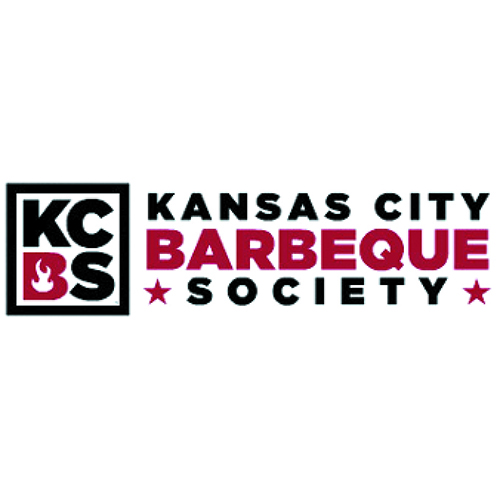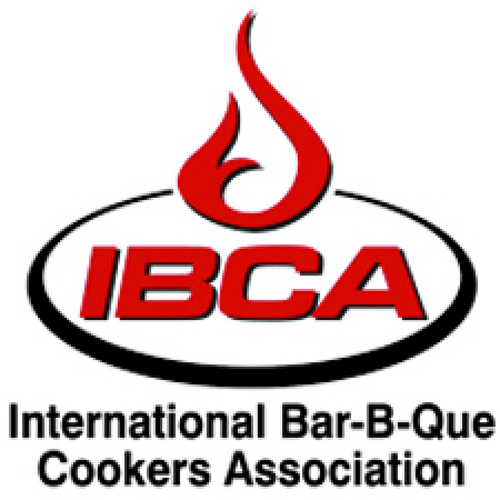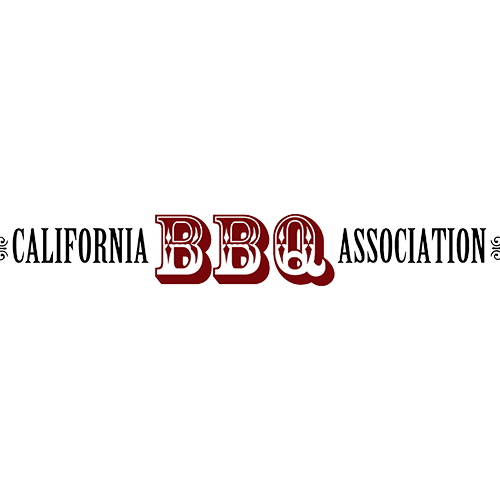How Dietary Science Fails Us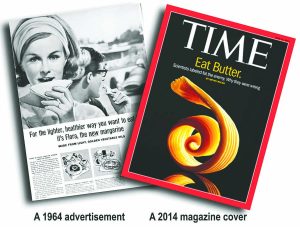

Meathead
For many of us food is a source of angst. We fear that some foods will shorten our time on earth. We think that others will lengthen it. So we are susceptible to a steady bombardment of news, myths, research, and pseudo research. Here is what I have learned about food and health: Worrying about what you eat will kill you faster than anything you eat.
The problem is that dietary and nutritional science is barely science. Not like physics and chemistry, for example. Results of physics and chemistry research are often definitive. Research is done with strict adherence to the scientific method. Data are easy to repeat and test and once the results are proven they are rarely overturned.
This is not true of dietary and nutrition science. Researchers can’t apply the scientific method. They can’t take 1,000 people, divide them into groups, feed them different diets for years, and see how it impacts their health and mortality. If they do an autopsy and see arteries clogged they don’t know for sure what caused it.
Most of the dietary studies we hear about are known as epidemiological or observational studies. These are not lab studies where a hypothesis is stated, variables are isolated, pristine conditions maintained, control groups studied, data collected, and analyzed. Epidemiological studies are usually based on survey data. Researchers collect information from a group of subjects carefully chosen to represent a larger population. They keep diaries and are asked a bunch of questions, the data is punched into a computer, and the researchers look for correlations.
The problem is, and this is crucial to remember: Correlation is not causation!
An example: Researchers noticed that French people are not as obese as Americans, so they tried to find out why by studying their diets and other factors. It didn’t take long to notice that French people drink much more wine than Americans. Is wine the cure to obesity? The wine industry loved this hypothesis and dubbed it “The French Paradox” and it appeared in every newspaper and magazine. But French people also consume more animal fats than Americans. Is eating foie gras, full fat cheese, dark chocolate, and butter the cure? This is called confounding data.
Here’s a chart from the fascinating website Spurious Correlations. It shows a remarkable correlation between the number of non-commercial space launches around the world and the number of sociology doctorates awarded in the US. Hmmmmm.
Another problem is that people fib on the surveys, giving answers they think the researchers want, or conveniently forgetting to record in their diaries the desserts they guiltily sneak.
That’s why health advice is a moving target.
• People of a certain age remember when butter was bad and margarine good. Now we know they both pack the same amount of calories and some of the fats in margarine may be worse than butter.
• Since the 1970s the American Heart Association has warned us that eating eggs would increase our risk of heart disease. In 2006 they lifted their ban and two large studies published in the Journal of the American Medical Association and BMJ say that consuming 5 to 6 eggs a week did not raise the risk of heart disease or stroke in healthy adults.
• Likewise, millions of people are running around thinking that grilling causes cancer because of one research paper. But they never read the followup research that said, pretty much, just don’t burn your food and you’ll be OK.
Also, beware of single-study syndrome. Often one experiment is not enough to prove a point. The gold standard measurement to establish a scientific fact is to have multiple studies by different teams that produce the same data.
Another crucial message: Just because we have made a study of something doesn’t mean we have studied it.
Dietitians and nutritionists, supposedly experts on what is healthy and what is not, seem to have trouble agreeing on what is healthy and what is not. The New York Times in 2016 surveyed hundreds of members of the American Society for Nutrition about what they thought was healthy. On many foods the “experts” could not agree. For example, 53% said granola was not healthy, 39% said popcorn wasn’t healthy, and 41% said a pork chop was not healthy. So just how reliable is their advice?
So what’s a person to do? Love food! Don’t fear it! Take what you hear from the media, from your friends, and especially from the internet, with, ahem, a grain of salt. Keep your BS meter turned on high. You doctor is not infallible, but she knows better than Facebook. Select your food carefully, but don’t give yourself an ulcer worrying about it.

If you live to 79, the average life US expectancy, you will eat 86,505 meals. It is really doubtful that a few hot dogs or even a few bags of Cheetos will dent that. Just don’t make them mainstays of your diet.
All my reading and studying has led me to conclude this: Mom was probably right. Eat a balanced diet and everything in moderation. Michael Pollan, a writer who has studied food in depth has famously said “Eat food, not too much, mostly plants” was probably right.
We all want a long, healthy life, but life should not be an ascetic journey of denial of pleasure so that we can arrive at the end with a perfect body. I plan to watch my diet and take everything in sensible proportion, but deny myself of no opportunity for great pleasure because of some research paper that will be invalidated in a year. As Dr. David Katz, the founding director of Yale University’s Prevention Research Center has said “The cold hard truth is that the only way to eat well is to eat well.”
I plan to arrive at the pearly gates with a bottle of French Burgundy in one hand and a rib bone in the other, laughing and regaling anyone within earshot with tales of how great my life was.
Foods that are bad for you
I compiled this tongue in cheek list after reading yet an-other food blogger touting the healthfulness of her recipe.
• Agave nectar (more fructose than HFCS)
• Air (smog, 80% of it is suffocating gases)
• Alcohol (disrupts neurotransmission, causes beer goggles, encourages unprotected sex, lampshade wearing, and ob-noxiousness)
• Anything deep fried (heterocyclic amines)
• Anything labeled natural (the word has no legal meaning so it encourages gullibility)
• Artificial sweeteners (they’re artificial, silly)
• Bacon (OMG! everything about it is wrong)
• Bagels (350 calories each, 100 more than a Snickers Bar)
• Beans (flatulence)
• Breakfast cereals (mostly carbs, most are loaded with sugar)
• Butter flavored popcorn (flavor from diacetyl caused grannie’s Alzheimer’s)
• Cooking oils (triglycerides, calories)
• Dairy (cholesterol, saturated fats, hormones, lactose in-tolerance)
• Deli meats (preservatives, mystery “meat”)
• Eggs (cholesterol, salmonella)
• Fat (blocks blood vessels)
• Fish (mercury, parasites)
• Food in plastic containers (plasticizers migrate into the food)
• Fruit juices (loaded with fructose)
• Gluten (headaches, incontinence and everything else that ails you)
• GMOs (just plain scary frankenfoods)
• Honey (infants are intolerant)
• Irradiated food (will make you glow in the dark)
• Margarine (saturated fats, trans fats)
• Meat (heart, blood, colon, brain diseases, e-coli, mad cow disease, and bad for the environment)
• Milk (heart disease, lactose intolerance)
• Pasta (gluten, empty carbs)
• Peanuts (anaphylaxis)
• Potatoes (carbs, deadly nightshade)
• Poultry (salmonella, antibiotics)
• Prepared foods (sugar, salt, fat, preservatives, human hair, insects, metal shavings)
• Raw veggies (salmonella, e-coli, sticks in your teeth)
• Salt (high blood pressure)
• Shellfish (anaphylaxis)
• Smoked foods (polycyclic aromatic hydrocarbons)
• Sodas (ditto, food coloring, high fructose corn syrup, makes you belch)
• Sports drinks (salts, loaded with artificial chemicals)
• Sprouts (seriously, this is the most dangerous food of them all)
• Sugar (concentrated empty calories, rots your teeth)
• Water (polluted, fish poop in it, strong solvent)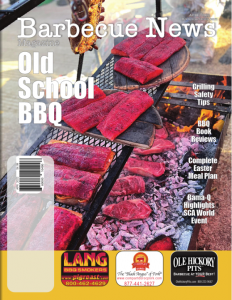 • White bread (empty carbs, high glycemic index, gluten)
• White bread (empty carbs, high glycemic index, gluten)
• Whole wheat breads (not re-ally whole wheat)
Foods that are good for you
• Sorry, nothing left
Meathead is the barbecue whisperer who founded Amaz-ingRibs.com, by far the world’s most popular outdoor cooking website. He is the author of “Meathead, The Science of Great Barbecue and Grilling,” a New York Times Best Seller that was also named one of the “100 Best Cookbooks of All Time” by Southern Living magazine. This article was ex-cerpted and modified from his book and website. For 2,000+ free pages of great barbecue and grilling info, visit AmazingRibs.com and take a free trial in the Pitmaster Club.



